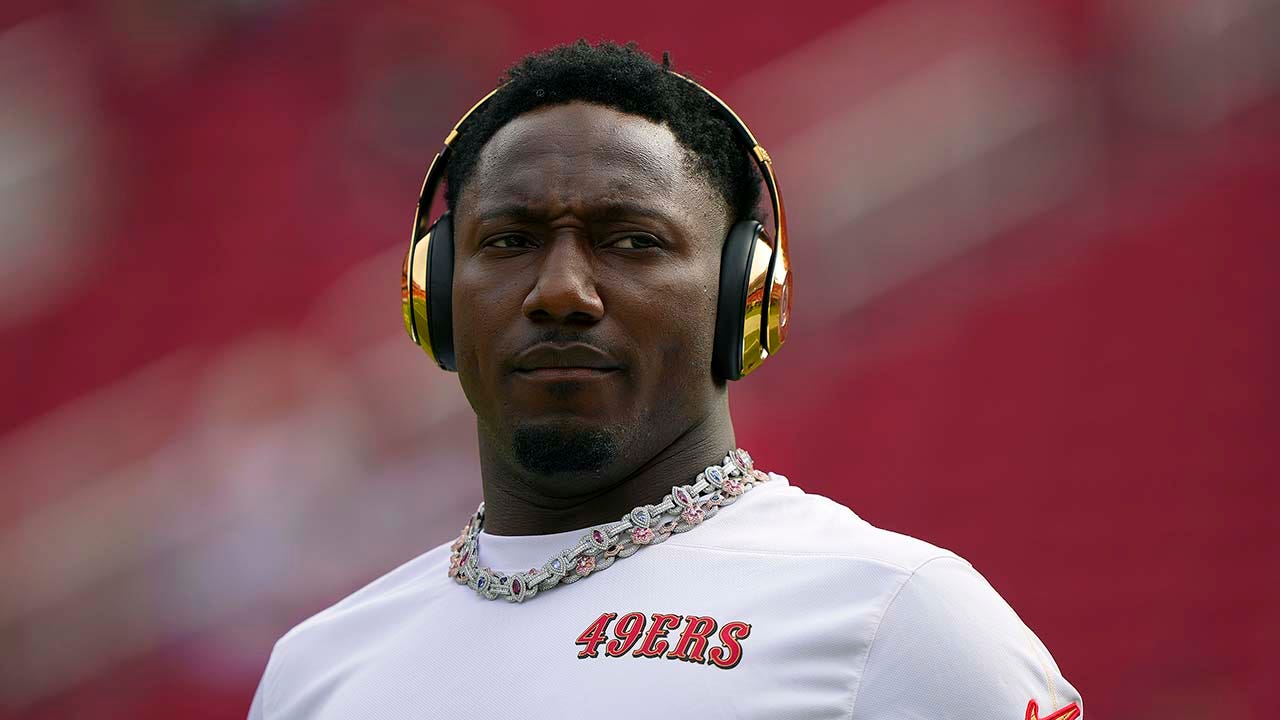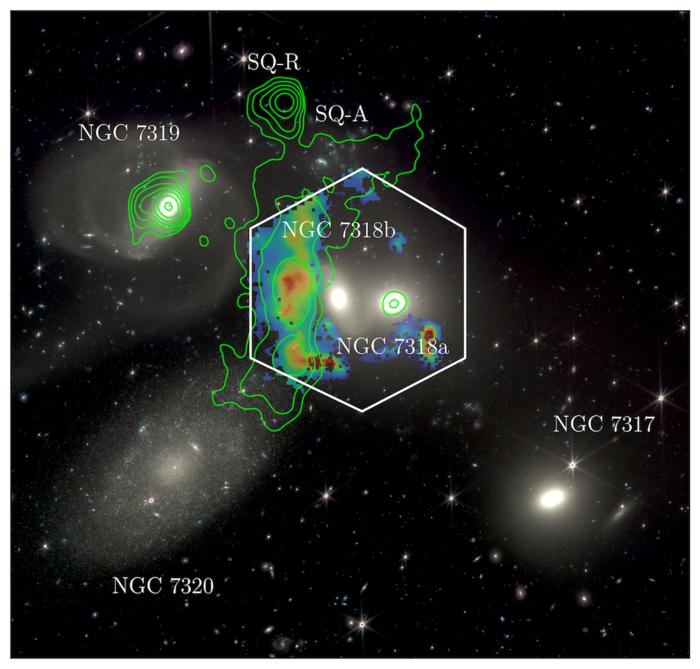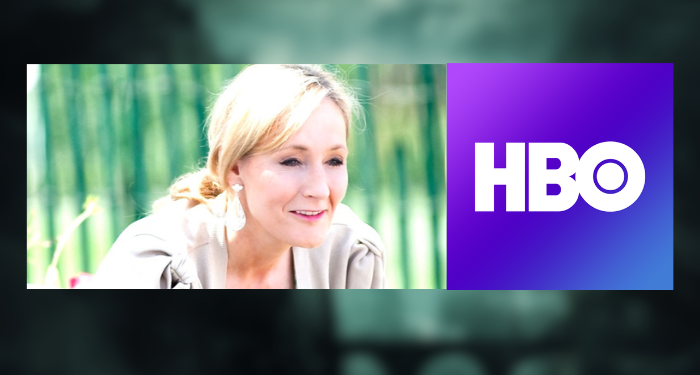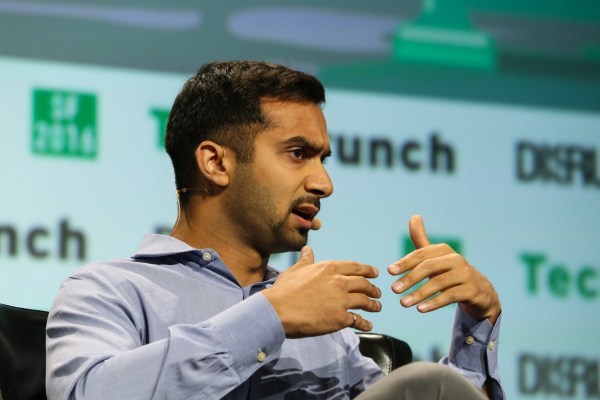
The RSV vaccine is approved for older adults
Getty Images/iStockphoto
The first vaccine against respiratory syncytial virus, better known as RSV, has been approved by the US Food and Drug Administration (FDA) for adults 60 years and older. The vaccine’s developer, UK pharmaceutical company GSK, said it should be available in the US in several months.
RSV is a common virus that circulates in the autumn and winter. It usually causes mild, cold-like symptoms but can be life threatening for very young children and older adults. In the US, between 6000 and 10,000 adults 65 years and older die from RSV every year, and up to 160,000 are hospitalised.
“Older adults, in particular those with underlying health conditions, such as heart or lung disease or weakened immune systems, are at high risk of severe disease caused by RSV,” said Peter Marks, director of the FDA’s Center for Biologics Evaluation and Research, in a statement. “Today’s approval for the first RSV vaccine is an important public health achievement to prevent a disease which can be life threatening.”
The FDA’s decision was based on data from an ongoing trial involving about 25,000 adults aged 60 and older. The trial found that a single dose of the vaccine was nearly 83 per cent effective at preventing lower respiratory tract disease caused by RSV, and about 94 per cent effective at preventing severe disease.
Common side effects of the vaccine include pain at the injection site, fatigue, headache and joint stiffness. Ten participants in the vaccine group and four in the placebo group also developed an irregular and rapid heartbeat within 30 days of their shot, a potential risk GSK is continuing to investigate.
An advisory committee at the US Centers for Disease Control and Prevention will announce recommendations on the appropriate use of the vaccine in June. Several other countries are expected to make decisions on the vaccine’s approval later this year.
“Our focus now is to ensure eligible older adults in the US can access the vaccine as quickly as possible and to progress regulatory review in other countries,” said Tony Wood, GSK’s chief scientific officer, in a statement.
Topics:























































